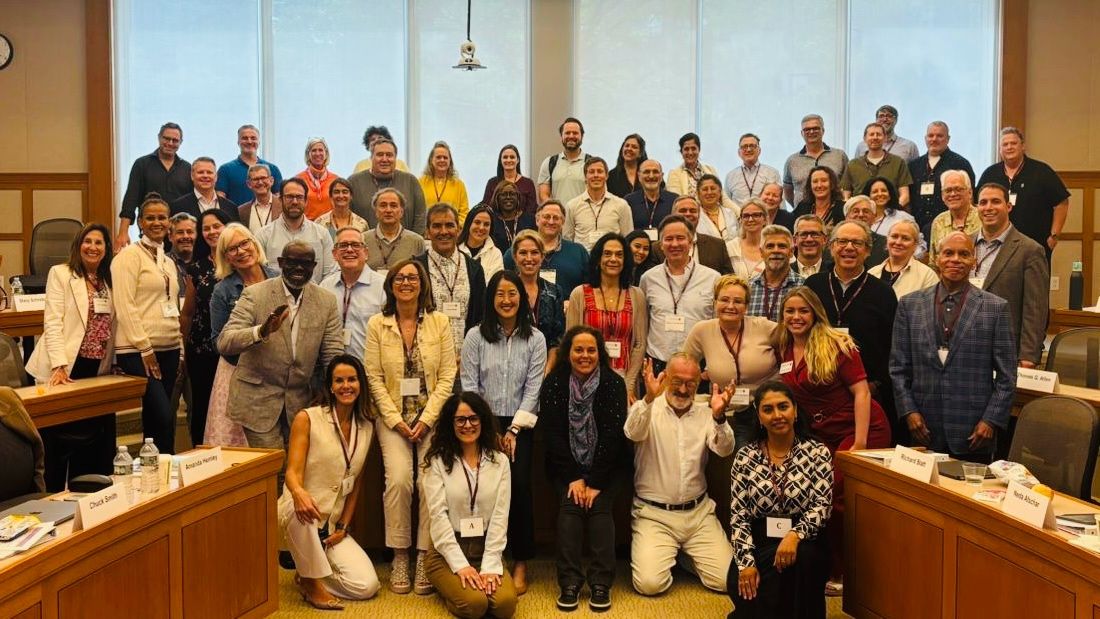
In the last week of June 2025, I had the privilege of participating in the Harvard mediation intensive - a transformative experience that came at an opportune moment in my practise. Now, a year into developing my mediation practice, this intensive served as an invaluable opportunity to pause, reflect, and further refine my approach.
Being surrounded by a diverse group of seasoned mediators - both domestic and international - was a powerful reminder of the richness and diversity within the field. The breadth of approaches underscored the importance of staying open to growth. Mediation, at its core, began with a noble and transformative aim: to shift perspectives, resolve conflicts, and even restore relationships. Yet, understandably, the practice has been reshaped over time, particularly under the influence of legal institutions. While judicial adoption has helped mainstream mediation (and is to be welcomed), it risks narrowing its scope - particularly in adversarial jurisdictions. Let me explain...
For example, a common approach in the United States is not to convene a joint session, making the mediator a shuttle diplomat. This is common in more adversarial jurisdictions and is driven by concerns that joint discussions can entrench posturing and deepen divides. This method, familiar often in New South Wales as well, prioritises resolution at the potential cost of collegial connection.
While I understand the rationale and remain flexible on process, I take a different view. In my view, joint sessions are important (with some exceptions). In fact, I aim in many mediations to explore ways to step away from the shuttle diplomat role - that is, to encourage continued conversation between parties, even after joint sessions have concluded.
This week also prompted reflection on my own style as a mediator. In litigation-driven contexts, it’s common for mediators, often very senior lawyers, to adopt a directive approach - often described by parties as forceful, and at times (less generously by some!) as akin to bullying. While I recognise the importance of reality-testing positions (and am alive to the reality that this more directive approach may indeed work with entrenched positions!), my approach is intentionally more measured and less directive. I see my role not as one of persuading (more problematic when it is perceived to cross the line into coercing), but of facilitating a process where parties can reconsider, explore options, and if the circumstances permit achieve a resolution. It’s their conflict, after all - a simple yet profound reminder that a mediator’s achievement lies not in claiming credit for resolution, but in facilitating the process that can make resolution possible.
Success in mediation is multifaceted. Settlement is, of course, one form of success. But equally valuable are the moments when we narrow issues, better appreciate our client's risks, deepen understanding, or create an open door for further negotiations. Let's face it, in some conflicts involving fractured interpersonal relationships, just getting people into the same room is an achievement in itself! It is my view that as mediators we must resist the temptation to define success solely by resolution, and instead embrace the broader contributions we can make as process facilitators.
Looking ahead, I am reminded that mediation is a distinct skill set - one that deserves dedicated focus and refinement. This last week in Boston re-affirmed my commitment to treating mediation as such, and I am excited to devote the next 20 years of my professional life (health permitting) to contributing further to the field of conflict resolution.
I regularly share short insights on mediation, negotiation and all things leadership. From how to optimise success in negotiations, to the skillset required to sustain high team performance and promote resilience. I share these video reflections, drawing from my experience both as a former leader in professional services and now as a mediator and leadership coach.
"Damien is an incredible Mediator. He is experienced, is always across the brief and has a depth of legal knowledge that can assist the parties to navigate even the most complex issues to reach a resolution. Damien is my first choice for any Mediation, especially for vulnerable plaintiff’s feeling overwhelmed by the process as they are immediately comforted by his affable and empathetic nature.”
Damien was engaged as an Executive Coach in our business to navigate a half-decade of poor habits, realign our leadership team and position us for a strategic exit.Facilitating an executive workshop was instrumental in resolving internal conflicts and realigning us to a collective focus on future opportunities.
I have especially appreciated your logical and calm approach to problem solving, and I have valued your methodical and composed demeanour in tackling complex issues. You have not only equipped me with effective strategies but also instilled a sense of confidence and clarity in my own decision making processes.

